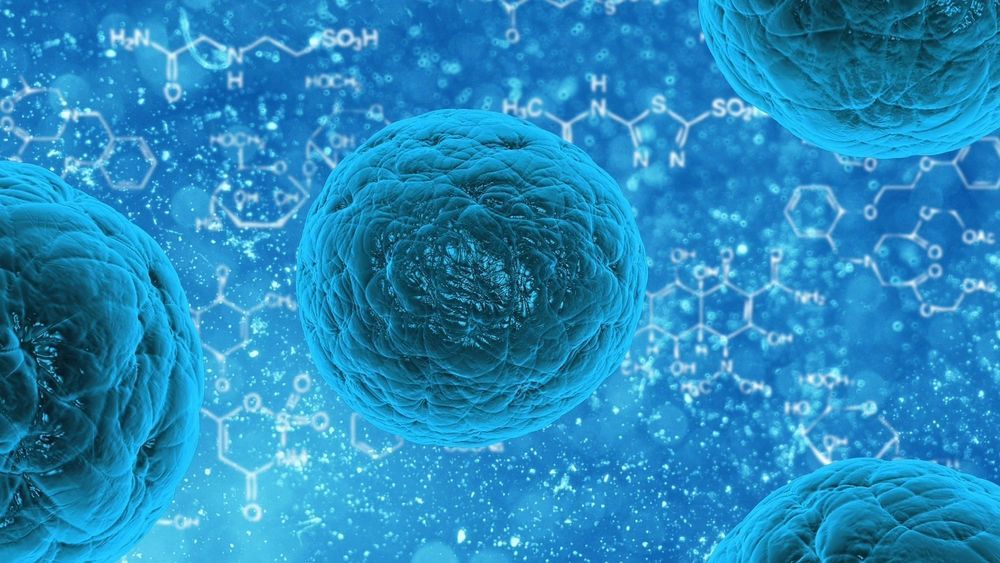Capping decades of research, a new study may offer a breakthrough in treating dyskeratosis congenita and other so-called telomere diseases, in which cells age prematurely. Using cells donated by patients with the disease, researchers at the Dana-Farber/Boston Children’s Cancer and Blood Disorders Center identified several small molecules that appear to reverse this cellular aging process. Suneet Agarwal, MD, Ph.D., the study’s senior investigator, hopes at least one of these compounds will advance toward clinical trials. Findings were published April 21 in the journal Cell Stem Cell.
If so, it could be the first treatment for dyskeratosis congenita, or DC, that could reverse all of the disease’s varying effects on the body. The current treatment, bone marrow transplant, is high-risk, and only helps restore the blood system, whereas DC affects multiple organs.










Comments are closed.